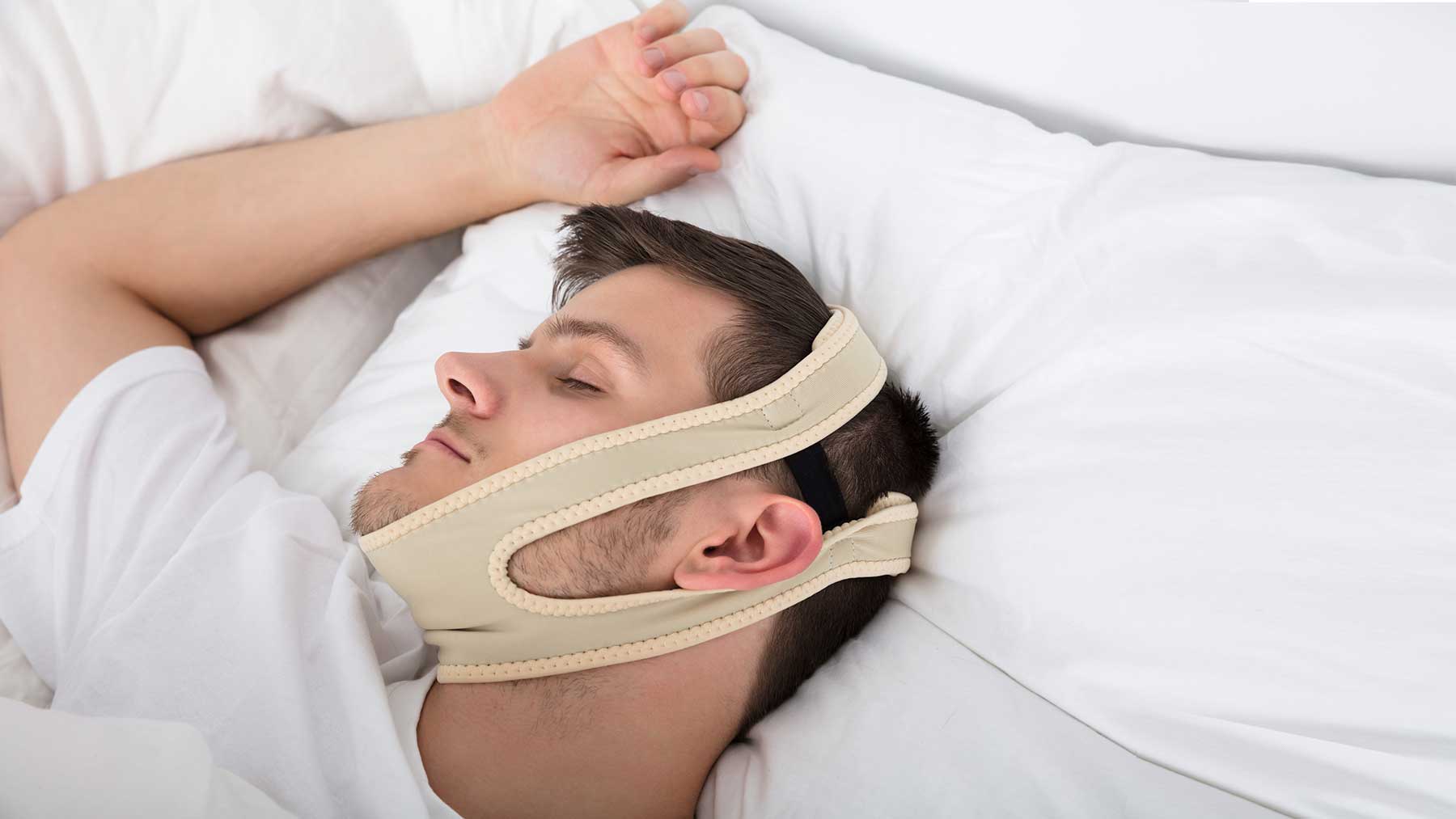How to stop snoring

If you’ve awoken to a chorus of snores from your bed partner, you’re not alone. After all, up to half of all American adults snore. Maybe you yourself are the lead snorer.
Even if the snoring isn’t disrupting anyone’s sleep patterns, those loud ZZZs shouldn’t be ignored – it could be a sign of an underlying health issue.
Snoring happens when air cannot move freely through your nose and throat when you sleep. This causes relaxed tissues in your throat to vibrate, which creates the noisy snoring sound.
Eugene Chio, MD, an ear, nose and throat specialist and director of the Sleep Surgery Program at Ohio State Wexner Medical Center, says the cause of snoring is either vibration of the upper airway or nasal congestion.
There are many products on the market, as well as some at-home remedies, that Dr. Chio recommends snoring sufferers try in an effort to put an end to their snoring.
Most of the snoring products fall into one of three categories:
Mouthpiece. A commercial example is Zyppah. Most mouthpieces can help some with snoring by holding the chin and tongue slightly forward. Dr. Chio says the most comfortable mouthpieces are custom fit to your teeth by a dentist, but are more costly. Conversely, over-the-counter or online options are cheaper and can still be effective.
Chin straps are designed to keep the mouth closed at night, forcing you to breathe through your nose. Nasal breathing does lead to more consistent airflow and less vibration of the airways. This is not a good option for those with any degree of nasal obstruction.
Nasal cones, nose strips and other nasal devices help dilate the nasal valve, allowing for more airflow in the nose. This can also help if nasal obstruction is a main contributor of snoring.
What are some home remedies or natural solutions for snoring?
“Sleeping on your side, while it sounds simple, often helps most people with their snoring,” says Dr. Chio. Side sleeping allows the tongue to relax to one side or the other, instead of directly back into the throat. Sometimes this will help relieve the obstruction in the throat associated with snoring.
He recommends snorers utilize foam wedges under your back or large body pillows to keep yourself in place once you have fallen asleep on your side. Another alternative is sleeping in an old t-shirt with a pocket sewn into the back. A tennis ball is placed in the pocket, thus making it uncomfortable to sleep on your back.
Dr. Chio also advises to avoid alcohol or sedatives before bedtime. Alcohol used in moderation is typically OK, but excessive alcohol or drinking directly before bedtime will lead to relaxation of the upper airway muscle, leading to more snoring. Also, usually the more you drink, the worse the snoring becomes.
Is snoring a health concern? Maybe.
Dr. Chio says beyond getting better sleep, another reason to get you or your partner’s snoring under control is the sound could actually be an alarm bell for an underlying health issue.
The number one concern connected to snoring is sleep apnea, explains Dr. Chio.
“Severe, untreated sleep apnea can lead to major cardiovascular health issues and a decrease in quality of life,” he says.
Excess weight can also create snoring by adding to the tissue in the throat. When some people lose weight, their snoring disappears.
How to spot dangerous snoring:
Dr. Chio says it can be difficult for you to differentiate between snoring that is relatively benign and snoring that is an indicator of other health issues. If you or your partner has a question, you should seek out a sleep study to get answers.




